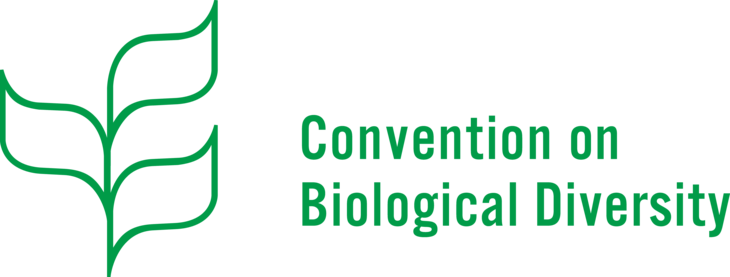
The Convention on Biological Diversity (CBD)
The Convention on Biological Diversity CBD is closely interconnected with the Plant Treaty. Its provisions on traditional knowledge and access and benefit sharing are particularly relevant for the realization of Farmers’ Rights. However, there are different approaches to these issues, dependent on whether the aim is primarily to develop stewardship or ownership. Thus, it is useful to reflect the relevant provisions of the CBD through the Plant Treaty with its provisions and options for realization of Farmers’ Rights.
The Convention on Biological Diversity (CBD) was the first international agreement to address the conservation, sustainable use and equitable sharing of benefits derived from the utilization of biological diversity in general. It was adopted in 1992 and it entered into force in 1993. The Plant Treaty was later developed in harmony with the Convention, with a particular view to solutions required for conservation and sustainable use of plant genetic resources for food and agriculture, and the regulation of access and benefit sharing related to such resources.
The most relevant provision related to Farmers’ Rights in the CBD is Article 8.j , which provides that the parties shall respect, preserve and maintain knowledge, innovations and practices of indigenous peoples and local communities (IPLC) embodying traditional lifestyles relevant for the conservation and sustainable use of biological diversity and promote their wider application with their approval and encourage equitable sharing of benefits arising from the utilization of such knowledge, innovations and practices. As such, this provision is an expression of an ownership approach to genetic resources, as compared to a stewardship approach.
In light of these different approaches to the issues, it is useful to reflect the relevant provisions of the CBD through the Plant Treaty with its provisions and options for the realization of Farmers’ Rights.
The provisions on access and benefit-sharing under the CBD, also based on an ownership approach, have been further detailed in the Nagoya Protocol on Access and Benefit-sharing. Under the Protocol, parties are required to take measures aimed at ensuring that benefits from the use of genetic resources and associated traditional knowledge held by indigenous and local communities are shared with them in a fair and equitable way. More specifically, parties shall take measures, as appropriate, to ensure that traditional knowledge associated with genetic resources is accessed with their prior informed consent (PIC) and on mutually agreed terms (MAT) with the indigenous and local communities holding this knowledge. Article 10 of the Nagoya Protocol request Parties to consider a global multilateral benefit-sharing mechanism, which would be more in line with a stewardship approach.
The Kunming-Montreal Global Biodiversity Framework adopted in 2022 highlights the contribution and rights of indigenous peoples and local communities and recognizes and considers the diverse value systems and concepts represented by those peoples and communities. There is close communication between the secretariats of the CBD and the Plant Treaty.
Text: Regine Andersen